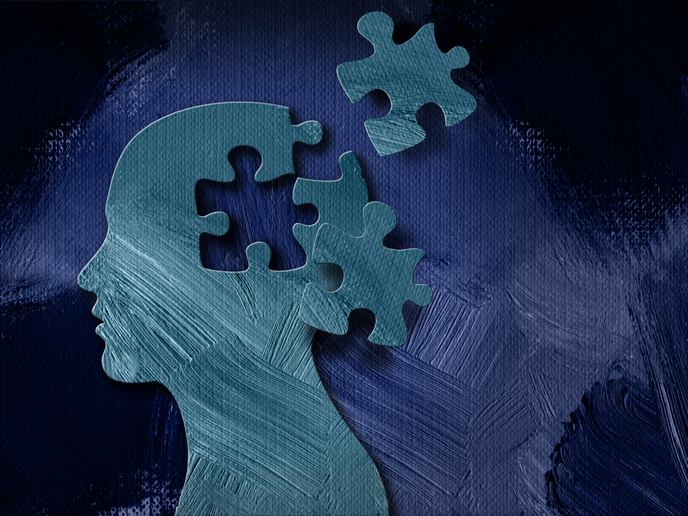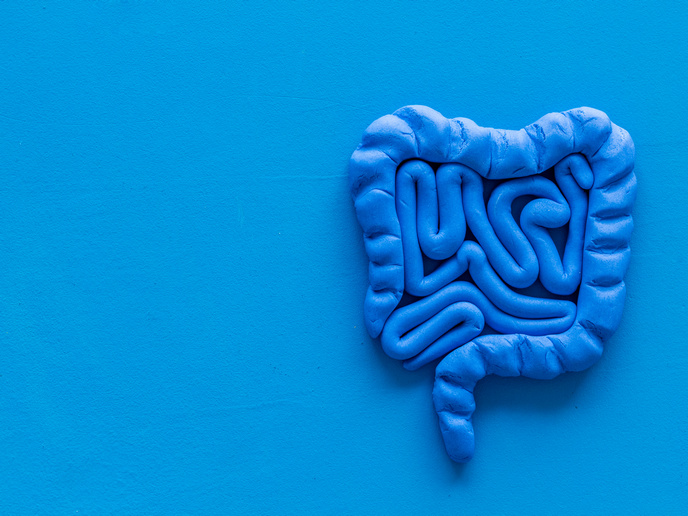Proteins behaving badly: the effect on neurodegenerative disease
Protein misfolding takes place when polypeptides don't form into three-dimensional native structures as they should. This leads to the production of proteins that are usually toxic and which recent studies have linked to the development of neurodegenerative diseases. This aggregation or accumulation of abnormally folded proteins, amyloid fibrils, in the brain, is a major biological problem. The Neurofold project has taken a multidisciplinary approach to the study of how protein misfolding contributes to the emergence of such diseases. Different model systems, cell biology tools and powerful imaging techniques are being used to examine cellular pathways and uncover the mechanisms of protein misfolding at a molecular level. Research is focused on identifying and characterising the species leading to neurotoxicity in various neurodegenerative disorders. Also, researchers aim to determine the normal function and biology of certain key proteins involved to discover how each one is related to the pathobiology of its respective disease. Neurofold is presently studying these complicated diseases with yeast cells. These have proven their worth as 'living test tubes' for such studies. The project's studies have started to shed light on the molecular mechanisms underlying Parkinson's disease. Researchers continue work with the aim of validating results in animal models. The project outcome is expected to contribute to the discovery of new means of therapeutic intervention.







